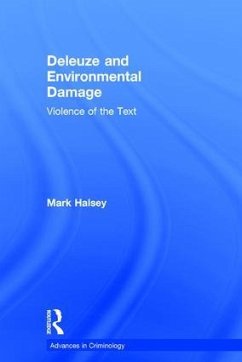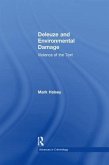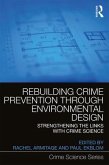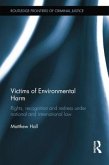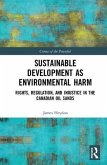This book offers a post-structuralist critique of the problems associated with modernist accounts of environmental harm and regulation. Through a notably detailed micro-political analysis of forest conflict, the author explores the limits of academic commentary on environmental issues and suggests that the traditional variables of political economy, race and gender need to be recast in light of four key modalities through which 'the environment' and 'environmental damage' are (re)produced. Focusing on vision, speed, lexicon and affect, the book engages a new ethic for categorizing and regulating 'nature' and challenges criminologists, sociologists, cultural theorists and others to reconsider what it is possible to say and do about environmental problems.
Hinweis: Dieser Artikel kann nur an eine deutsche Lieferadresse ausgeliefert werden.
Hinweis: Dieser Artikel kann nur an eine deutsche Lieferadresse ausgeliefert werden.

